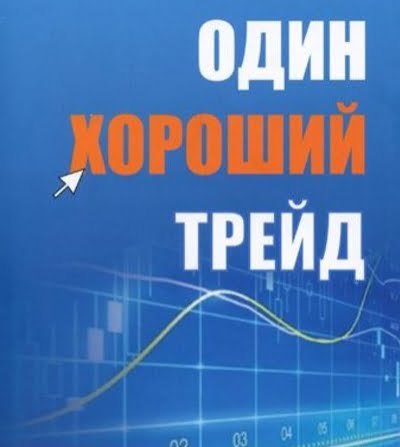Richard Dennis, also known by the nickname "Prince of the Pit", born in Chicago, in January 1949. Early 1970s, he borrowed several thousand dollars and ten years later turned them into 200 million dollars. When a futures fund, run by Denis, suffered significant losses during the fall of the stock exchange 1987 of the year, he retired from trade for several years. Dennis started as a messenger on the trading floor of the Chicago CME Exchange in 17 years. Several years later, he began trading mini-contracts for his own account on the Mid-America Commodities Exchange.. After a series of successful deals, Denis bought a seat on the much more expensive Chicago Board of Trade. To get around the age limit, Richard worked as his own messenger and gave requests for execution to his father, who stood on his site in the "pit".
Unlike most floor traders, focused on scalping and performing many transactions per day, Dennis held positions for longer periods, trying to capitalize on the trend movement. His floor trading style was more like an institutional investor strategy. – wait out short-term fluctuations and instead of scalping, maintain a position in the medium term, to take most of the trending move. Dennis often used a phased increase in the size of his position.. After a while, Richard realized, that by moving away from trading on the floor he would be able to track more markets and opened an office at the top of the Chicago Stock Exchange. Richard Dennis quickly grew to become one of the most successful and prominent players in the futures market.. He made his first million dollars in 25 years. The Drexel Fund he founded has been among the most stable and fastest growing funds for many years.
IN 1983 year Richard Dennis and William Eckhard made a bet, which was to resolve the issue: is it possible to learn to trade. William believed, that for successful trading you need to have innate abilities, or something like intuition, some instinct for profit. And Richard thought, that everything is much simpler. He linked his trading success, which has already achieved, with multiple trading methods, which he developed. thought, what is more important is internal discipline, helping to follow them. And I was sure, that trading ability can be reduced to a set of rules, which can be transferred from one successful trader to another. To resolve the dispute, Richard suggested an experiment. He recruited and trained 21 man and 2 Women, in two groups, one since december 1983, another from December 1984. Dennis called his students "Turtles", education carried out for only two weeks. After training, he gave each of them a million dollars of his own money to work in the market.. When the experiment ended five years later, The Turtles made a total profit of 175 million dollars. Some of his students became independent traders and successfully continued their careers..
IN 1987 year there was a serious breakdown in work. Richard deviated from the trading rules he developed and undertook too risky operations. As a result, he lost tens of millions of dollars.: as your personal, and clients. Dennis decided to close Drexel Fund. As a result 14 employees trained by him lost their jobs and started independent activities in the market. But, unlike the teacher, they strictly adhered to his trading principles, and everyone ended the year with a profit.
IN 1994 Richard Dennis returns to the market. But now his trading style is different.: he began to use mechanical trading systems in trade. For 8 months of trading on your system in 1994 year he received only 8% arrived. But already in 1995 year his income was 108 %, and in 1996 year - 112 %.
Dennis published articles in the New York Times, Wall Street Journal and Chicago Tribune. He – President of Dennis Trading Group Inc and Vice Chairman of C&D Commodities, as well as a member of the Board of Directors of the Cato Institute.


